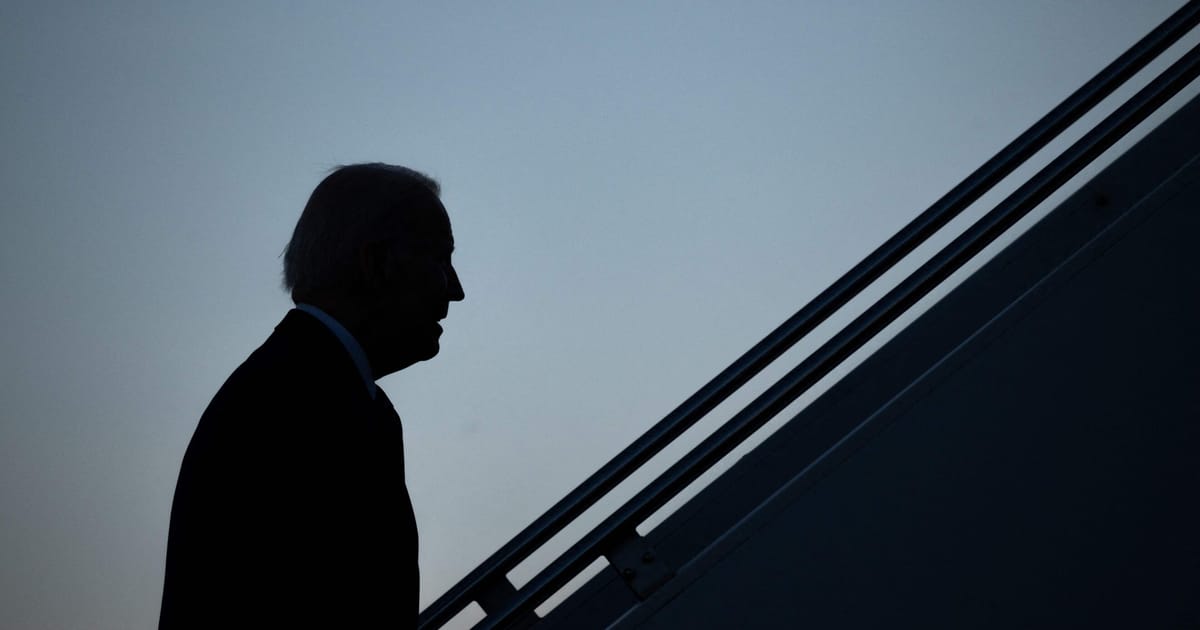Even though Scholz, following the U.S. lead, ultimately turned Germany into Europe’s largest contributor of arms to Ukraine — and second overall after the U.S. — it hasn’t been enough for Ukraine to keep Russia on the defensive. (Germany has committed about €11 billion in military aid to Ukraine so far, compared to €57 billion from the U.S.)
While no Western countries have done more to help Ukraine in absolute terms, there are no medals for finishing first if Ukraine loses the grinding fight.
Indeed, in recent months, Russia has made steady progress along the front lines, leaving Ukraine’s back against the wall.
“Scholz and Biden’s strategy of boiling the frog slowly in Ukraine did not really work,” said Jana Puglierin, a senior policy fellow at the European Council on Foreign Relations. “We are now two and half years into the war and we did not manage to change Putin’s mind or enable any concessions. They kept Ukraine in the game, but they might not be around for the final showdown.”
If nothing else, Biden’s visit to Berlin — which was originally scheduled for earlier this month but was delayed due to a hurricane in the U.S. — will offer the two leaders time to reflect on what they should have done differently.
Normally, U.S. presidential visits to Germany are grand, hotly anticipated affairs. Yet Biden’s farewell trip has mostly generated yawns.
That has a lot to do with the fact that both men are lame ducks. Scholz’s three-party coalition has been on the rocks for months, and he’s unlikely to serve another term as chancellor; he might even end up ‘doing a Biden’ before Germany’s 2025 election.
Meanwhile, Biden’s visit, instead of cementing his legacy in Europe, will likely be little more than a reminder of what might have been. Ultimately both he and Scholz will be remembered for doing a lot — but not nearly enough.


